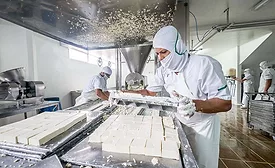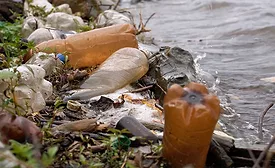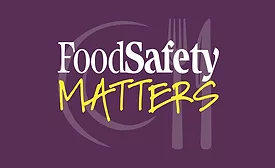Process Control
Fouling in Dairy Products Thermal Processing: Causes, Effects, and Mitigation Strategies
A number of strategies exist for mitigation fouling in dairy thermal processing
June 23, 2025
Prepare Now for New State Restrictions on Food Packaging Materials
Entities across the entire food and beverage supply chain need to be prepared for compliance with state-specific EPR and stewardship programs as well as recyclability and recycled content requirements for food packaging
June 19, 2025
Unmasking 'Forever Chemicals': Global Insights on PFAS and Urgent Calls to Action—Part 1
The delayed response and mismanagement of PFAS and plastic waste have led to severe consequences for human health
June 18, 2025
Never miss the latest news and trends driving the food safety industry
Newsletters | Website | eMagazine
JOIN TODAY!Copyright ©2026. All Rights Reserved BNP Media.
Design, CMS, Hosting & Web Development :: ePublishing









